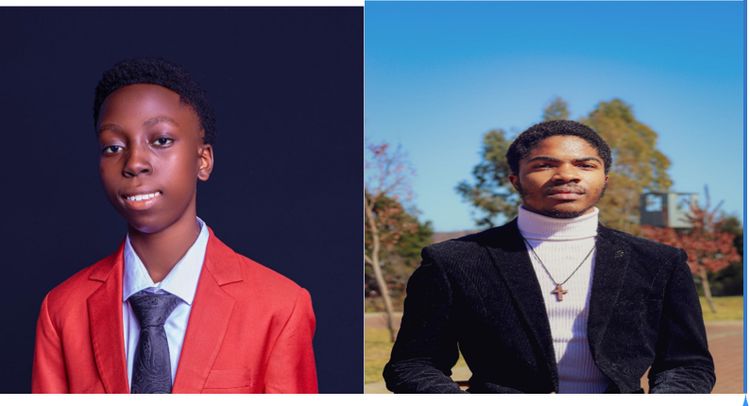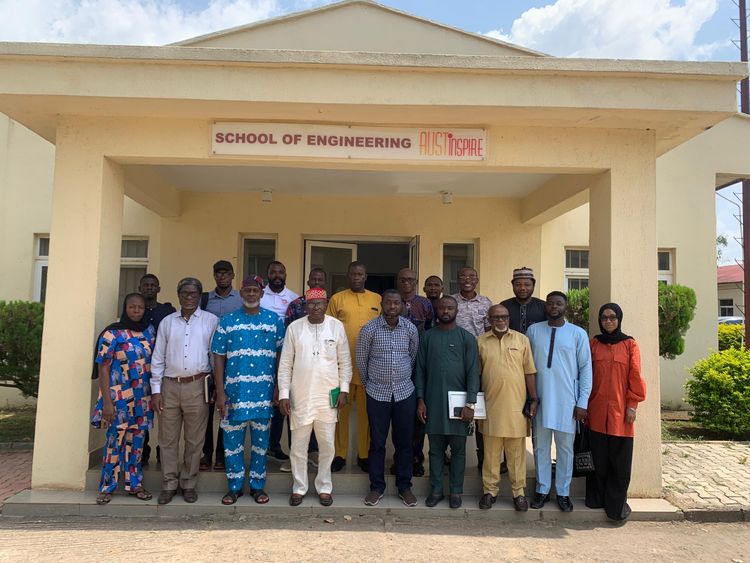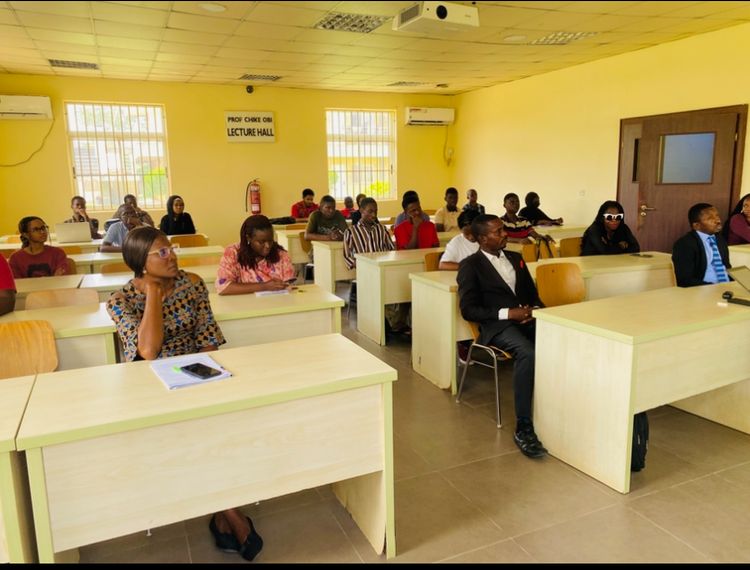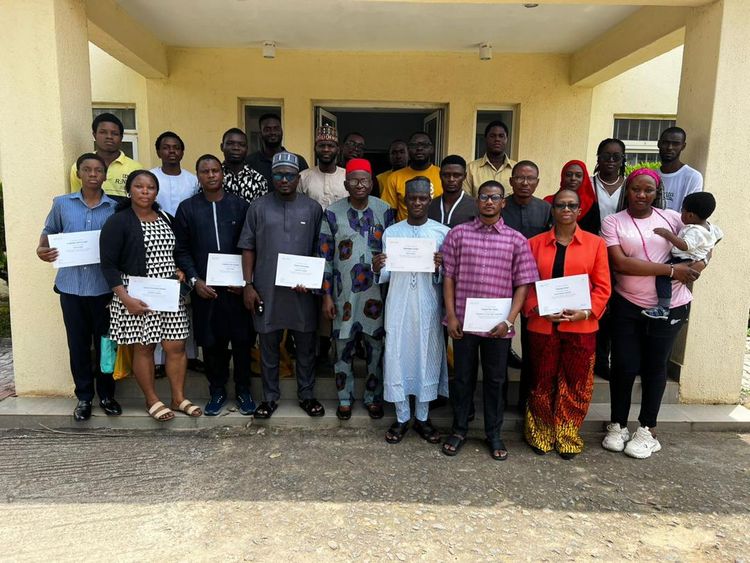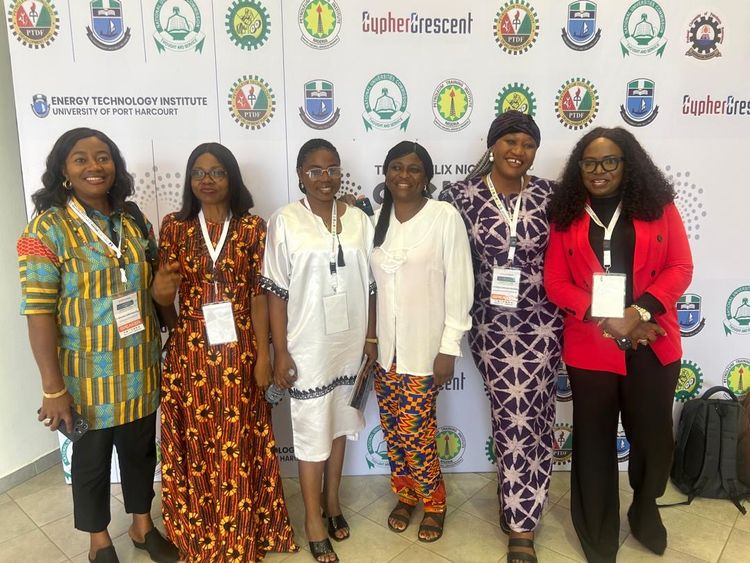AUST,OASEAS, ASF Partner to Advance Space Innovation and Education in Africa
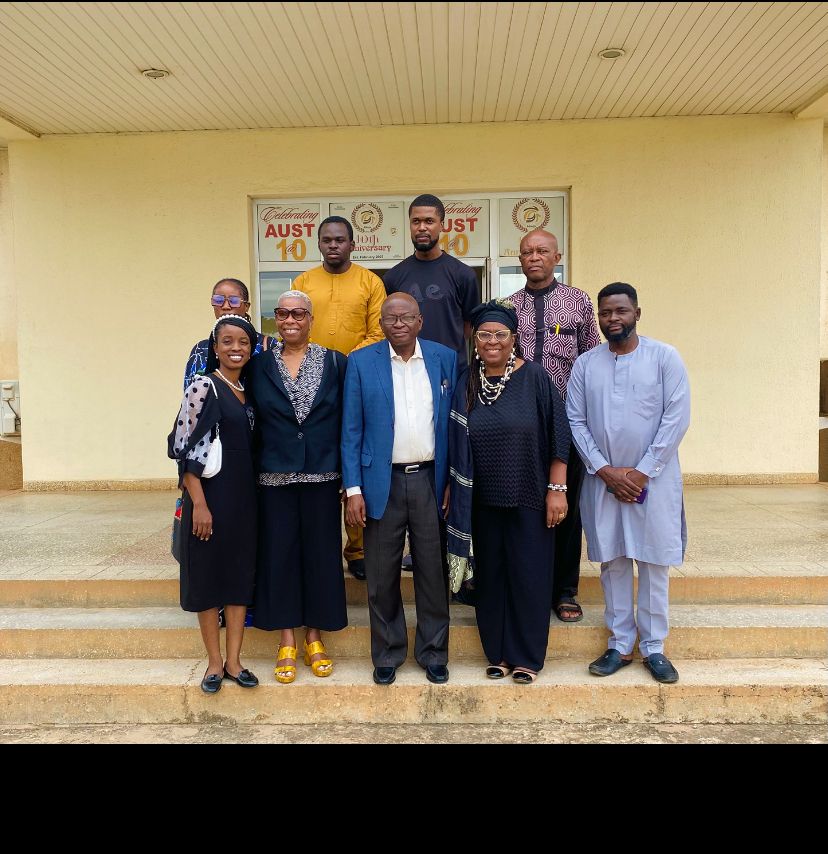
The African University of Science and Technology (AUST), through its innovation hub AUSTInspire, recently hosted a delegation from the Omni-Africa Space Exploration Analogue Simulation (OASEAS), USA, and the Africa Space Foundation (ASF) to explore strategic collaborations aimed at boosting space education, research, and innovation across the African continent.
The visit which marks the beginning of what we hope will be a transformative journey, not just for AUST, but for the entire African space ecosystem created windows of collaborations between AUST and the visiting bodies.
The President of AUST, Professor Peter Azikiwe Onwualu, FAS, during his welcome speech said that Africa has the talent, the vision, and the urgency and the time to act is now.
The visiting team led by Dr. Claire Nelson and Dr. Nsombi Jaja from OASEAS, along with Mrs. Oluwarantimi Bukola of the Africa Space Foundation. Discussions during the visit focused on aligning AUST’s growing leadership in science, technology, engineering, and mathematics (STEM) with continental aspirations in space development.
Particular attention was given to “Space UNGANA,” a Pan-African initiative led by OASEAS to build a cohesive ecosystem for innovation, sustainability, and collaboration in space research.
One of the key proposals was the establishment of an Analog Space Research Station in AUST. The facility would simulate space environments to support research in sustainable energy systems, water recycling, waste management, and construction methods, with real-world applications that align with the United Nations Sustainable Development Goals (SDGs).
Plans are underway for Moonfest, a youth-focused event that will celebrate space education at AUST.
The event will mark the official launch of the AUST Space Club, in collaboration with ASF, and the unveiling of the Space Futures Lab, conceptualized by OASEAS.
To actualize these programs, a three-day hybrid conference will follow the Moon Festival, focusing on space capacity building, the role of space in sustainable development, and discussions around exploration and settlement in space.
Further initiatives presented included the Design Dojo projects, which propose collaborative ventures such as a Pan-African Satellite Constellation involving multiple African universities, Analog Astronaut Camps across several countries, and the creation of an African Space Metaverse, a digital platform to visualize research and support decision-making by African space agencies.
The delegation also discussed youth-led shuttle design challenges to be implemented through national hackathons and design sprints aimed at inspiring Nigerian students to imagine and prototype a future African space shuttle.
At the African regional outreach efforts, OASEAS is planning a “Living in Space” simulation camp in Kenya’s Chava Desert in October 2025.
The initiative, in partnership with organizations like Girls Guides, Scouts, and Makerspaces, is designed to build momentum for long-term space education and increase Africa’s visibility in global space activities.
AUST’s leadership highlighted the university’s strong foundation in postgraduate education in space physics, geographic information systems (GIS), and systems engineering, developed in partnership with Nigeria’s National Space Research and Development Agency (NASRDA). Through its innovation hub, the university facilitates interdisciplinary research in fields such as robotics, clean energy, and waste management.
The university reaffirmed its commitment to leveraging its African diaspora faculty and global research networks, attracting international funding—including from the European Union—and contributing to brain gain and high-level manpower development across Africa.
While no formal agreement has been signed yet, the parties expressed mutual interest in developing a Letter of Intent or Memorandum of Understanding to guide future collaborations. Once key areas of alignment are agreed upon, implementation of the joint initiatives is expected to begin.

